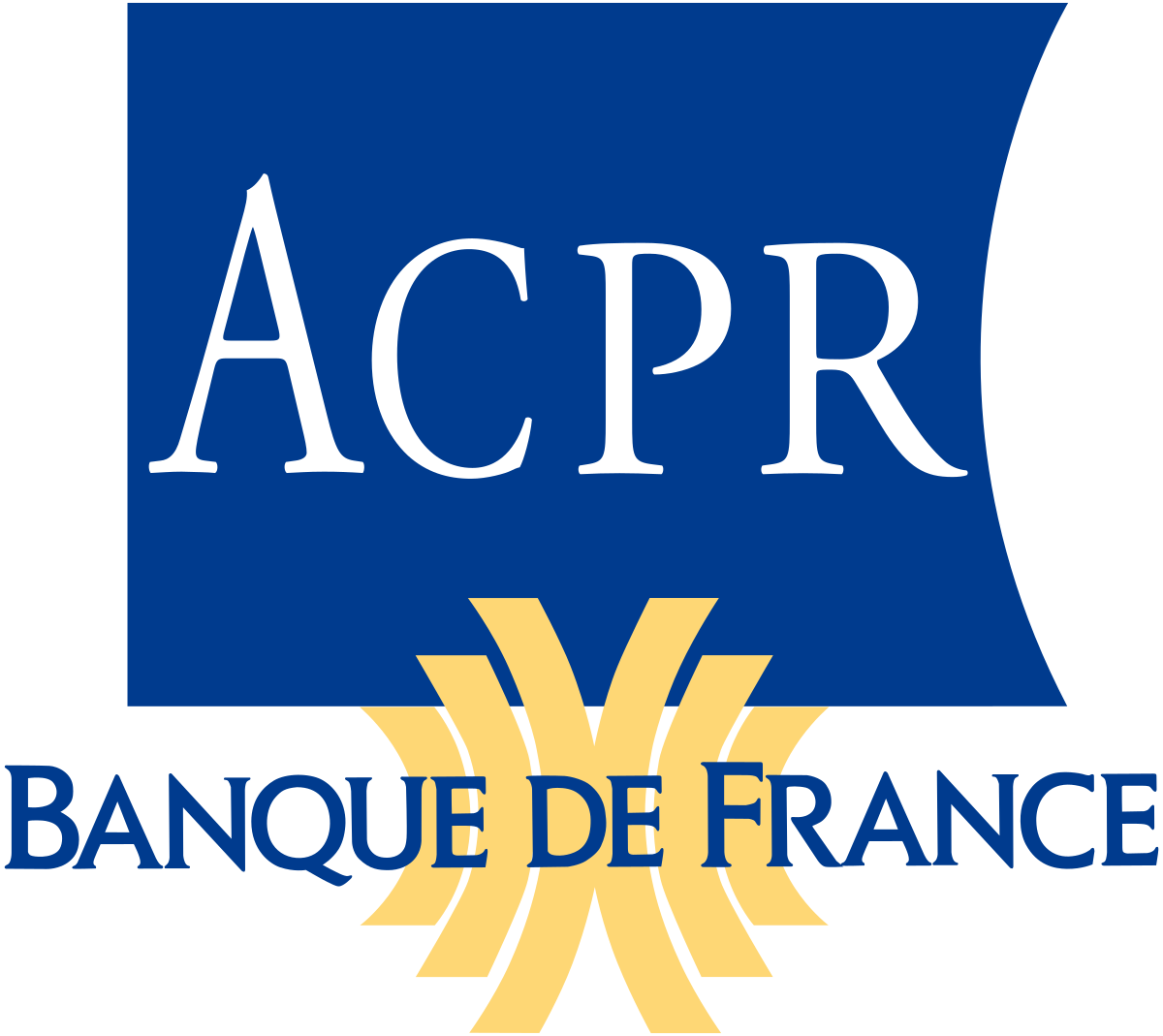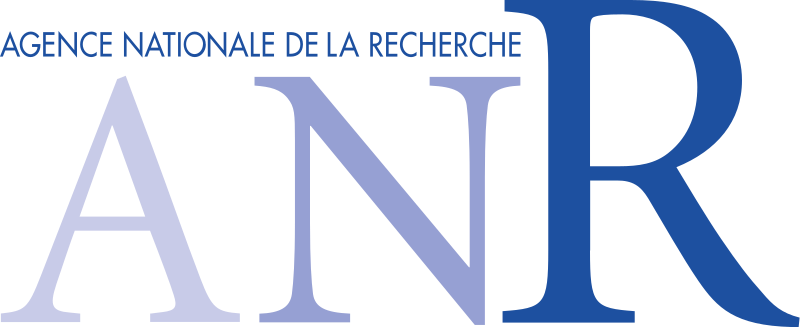02/04/20
- blog entry
Netherlands Welfare Case Sheds Light On Explainable Ai For Aml-Cft
The District Court of The Hague, Netherlands found that the government’s use of artificial
intelligence (AI) to identify welfare fraud violated European human rights because the system lacked sufficient transparency and explainability. 1 As we discuss below, the court applied the EU principle of proportionality to the anti-fraud system and found the system lacking in adequate human rights safeguards. Anti-money laundering/countering the financing of terrorism (AML-CFT) measures must also satisfy the EU principle of proportionality. The Hague court’s reasoning in the welfare fraud case suggests that the use of opaque algorithms in AML-CFT systems could compromise their legality under human rights principles as well as under Europe’s General Data Protection Regulation (GDPR).
02/09/19
- article
Is Explainability Of Algorithms A Fundamental Right?
“The demand for transparency on the functioning of algorithms must be addressed with discernment”, assert, in a column to “Le Monde”, researchers David Bounie and Winston Maxwell.


